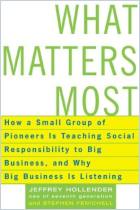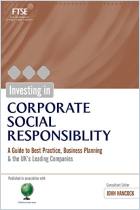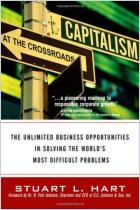
Read or listen offline
Amazon KindleRecommendation
Some economists say that the purpose of corporations is simple: to earn profitable returns on their capital investments. All else is incidental, even superfluous. This might be termed the Milton Friedman approach, for the famous Chicago-school economist. However, others contend that corporations, particularly global ones, must assume responsibility for “sustainable economic development.” If corporations don’t, they argue, who will? Without concerted corporate action, the earth will become polluted, and sooner rather than later, global warming will increase, with calamitous effects. Poverty and hunger will mount. The superrich will live in guarded enclaves, cordoned off from the hellish and chaotic lives of the majority. In Simon Zadek’s award-winning book, the ethicist and visionary examines corporate social and environmental responsibility and provides a practical prescription for meaningful, positive changes. getAbstract says Zadek’s book is required reading for executives, public policy makers, academics and others who ponder the role of corporations in creating a sustainable world economy.
Summary
About the Author
Simon Zadek is a senior fellow at the Center for Government and Business at the Kennedy School at Harvard University. He is CEO of a London-based institute that promotes accountability for sustainable economic development.






















Comment on this summary or Diskussion beginnen